Column: ‘WAP’ really stands for women and power
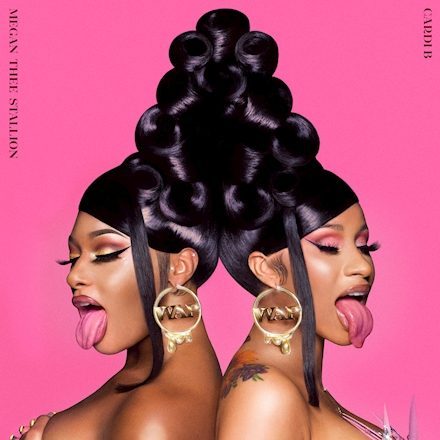
Photo credit: Atlantic Records
The album cover for WAP features rappers Cardi B and Megan Thee Stallion. The song was released through Atlantic Records on Aug. 7, 2020, and quickly gained popularity on multiple platforms like TikTok, Instagram and YouTube.
September 29, 2020
In our patriarchal society it is no surprise that in male dominated industries women are held to a double standard. In academia and especially politics women are expected to never make a mistake, showing they are unfit for the job if they do. Here in trendy Los Angeles with the entertainment industry in our backyards, this gender-based double standard continues to weave itself into the art and production of music creating knots for women trying to tear its web apart.
On August 7 Cardi B and Megan Thee Stallion released their new song “WAP.” The song rapidly rose to the top of the Billboard charts and even has its own dance on the popular app TikTok, a platform widely used among teens to share videos of lip-syncing, dancing and more.
Cardi B and Megan Thee Stallion rap about how much they love their own bodies, curves and all, combined with how powerful women’s bodies are. This message is a positive one but unfortunately it gets lost in the entertainment industry that is known for upholding impossible beauty standards for women and slut-shaming female rappers. Cardi B and Megan Thee Stallion’s confidence in their own bodies and overt fearlessness in showing their sexuality through their music is exactly what, in my opinion, makes them great artists.
Even though “WAP” instantly gained popularity with its fame came a considerable amount of retaliation about the music video video and lyrics. Despite the whopping 156 million views on the music video and overflow of support from fans on social media, both artists were met with major backlash from critics and even fellow artists.
CeeLo Green, an American singer-songwriter, rapper and record producer best known for his song “F— You”, was one of the artists that had negative things to say about the song.
“I get it, the independent woman and being in control, the divine femininity and sexual expression. I get it all. But it comes at what cost?” Green said in an interview for Far Out magazine.
Instead of recognizing Cardi B and Megan Thee Stallion’s passion for creating music, he states that they are producing content as part of a competition. He completely disregards the fact that they actually enjoy what they are doing and states in a condescending way that songs like “WAP” will “cost” the artists. What does he mean by “cost” them? Their pride? Self-confidence? I think Cardi B and Megan Thee Stallion have plenty of that to go around. If Green doesn’t mean their pride and confidence, does he mean respect? Yet, Green’s own songs consist of vulgar lyrics, so why does he feel entitled to bash Cardi B and Megan Thee Stallion?
Brittany McNamara, a writer at Teen Vogue, wrote in her article “‘WAP’ Reaction Shows How Threatened Men Are By Female Sexuality” that, “Criticizing and suppressing women who harness their sexuality and discuss it in frank — even vulgar — terms is part of a long history of policing women’s sexuality.” This essentially means that men rap all the time about their own sex life and sexualize women in so many ways, but when women sexualize themselves suddenly it’s not ok.
Throughout history and in today’s world, it seems women are held to two extremes. You are either a slut or you are a prude. There is no in-between. Men have been policing women’s sexuality ever since Eve took the apple from the tree. Many religious institutions and policymakers have made it clear that they think that “WAP” degrades women. According to DeAnna Lorraine a former Republican congressional candidate from California, “WAP” “puts women back 100 years.”
Many people ask something along the lines of, “Aren’t Cardi B and Megan Thee Stallion playing into a system created by the male gaze?” I don’t think so. Cardi B and Megan Thee Stallion are articulating how and what their sex life looks like, illustrating the power they have as women and also as artists.
This culture of criticizing female rappers for the way they express themselves upholds society’s values of judging and controlling women. Men who are intimidated and feel threatened by the way female artists rap, are the same ones making the rules for how society should react. Furthermore, these rules go beyond just personal expression, they virtually state what is permitted and not permitted for a woman to do.
If we, as women, have to wait for men to give us the green light signal on music, clothing or anything for that matter then our worth is being regulated by men.
“The fact that it makes men mad isn’t a surprise, it’s just proof of how far men have to grow before they recognize that women are neither waiting for them to validate our sexuality nor playing by their rules,” McNamara.
Cardi B and Megan Thee Stallion are perfect examples of women not caring what anybody else thinks and expressing themselves how they want to. Listen, I’m not saying that everyone should talk about sex all the time, but when it comes to female expression, we must take a hint from Cardi and Megan and express ourselves in whatever way we feel.





![Freshman Milan Earl and sophomore Lucy Kaplan sit with their grandparents at Archer’s annual Grandparents and Special Friends Day Friday, March 15. The event took place over three 75-minute sessions. “[I hope my grandparents] gain an understanding about what I do, Kaplan said, because I know they ask a lot of questions and can sort of see what I do in school and what the experience is like to be here.](https://archeroracle.org/wp-content/uploads/2024/03/grandparents-day-option-2-1200x800.jpg)










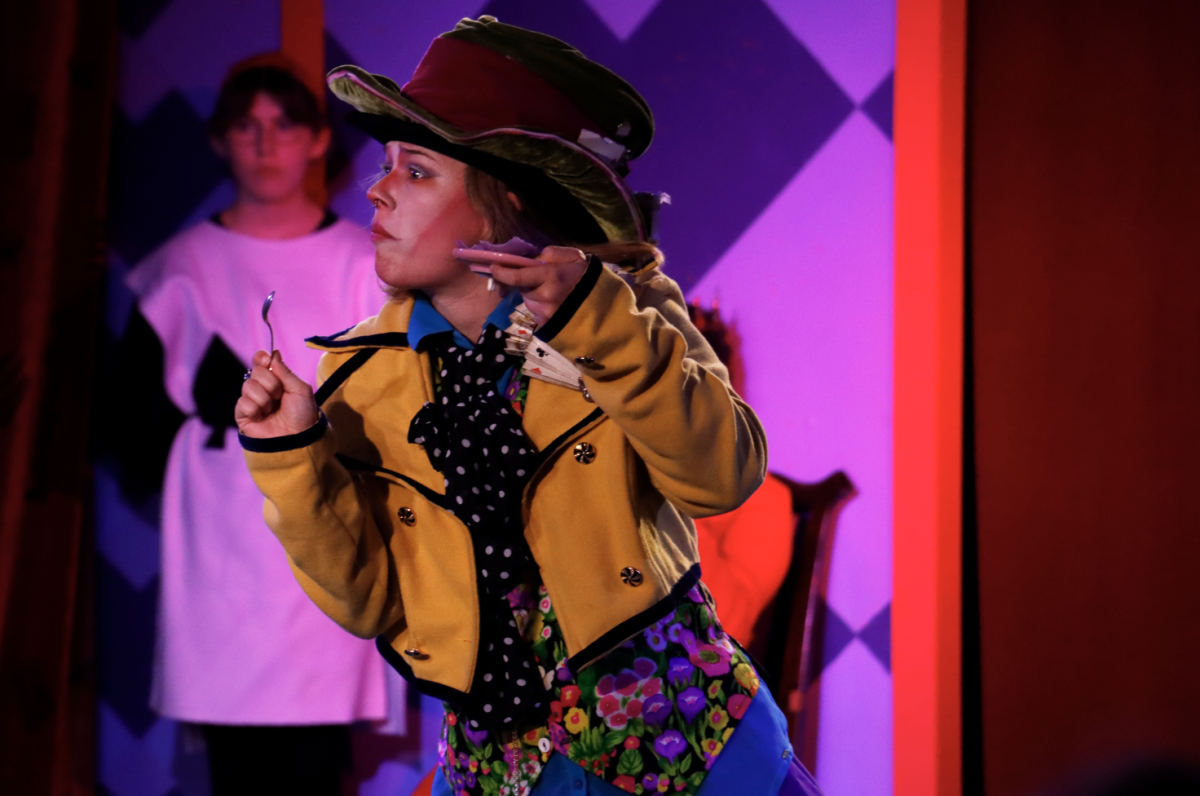
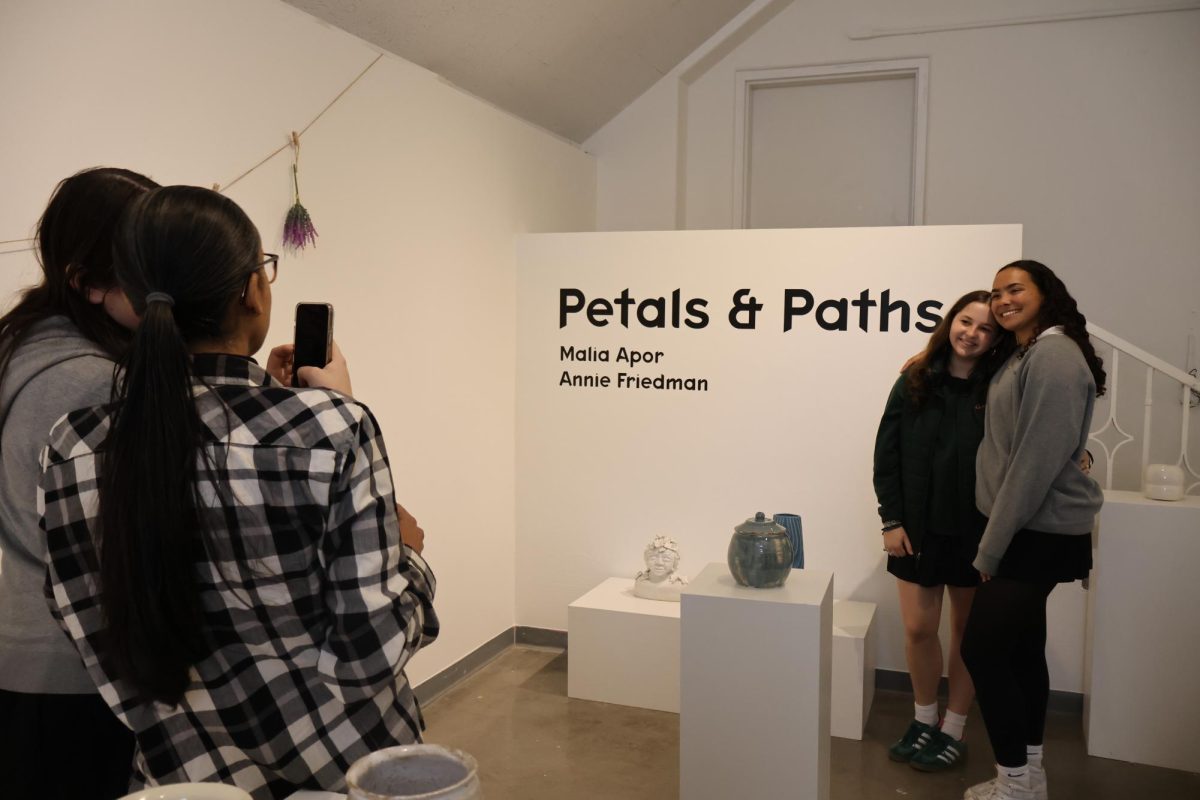







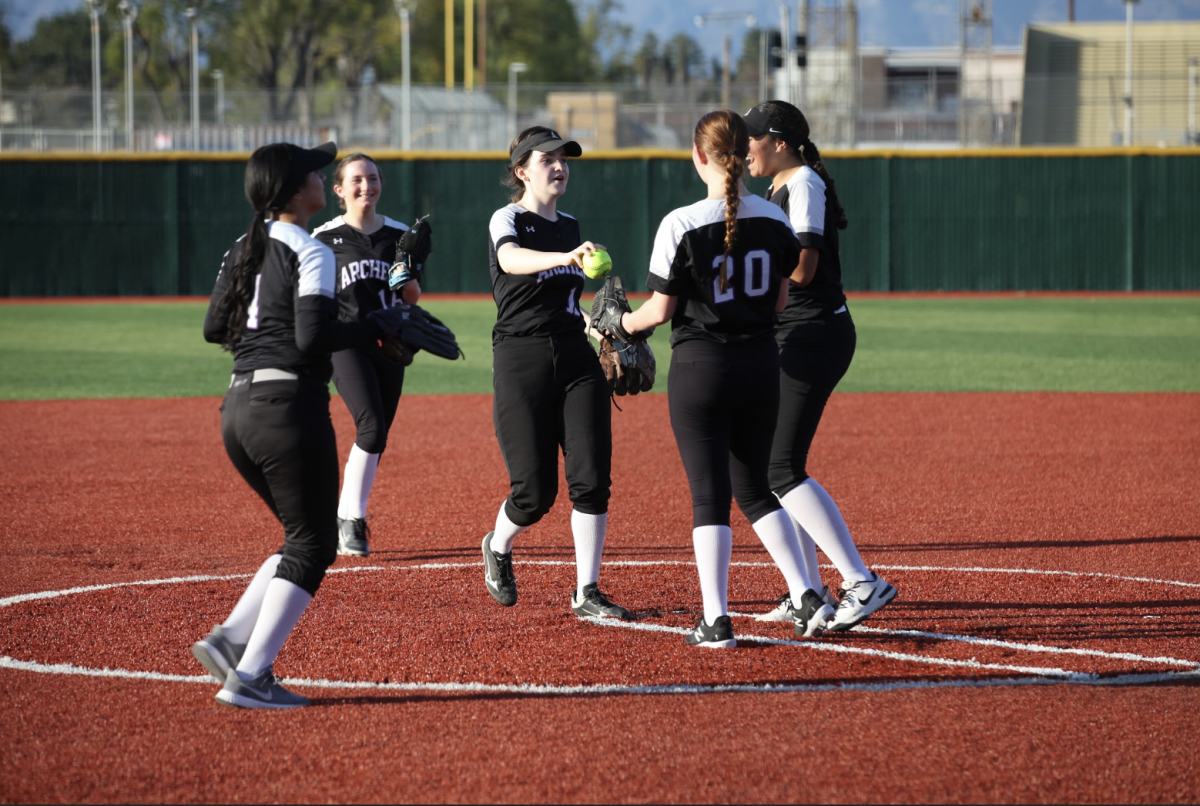































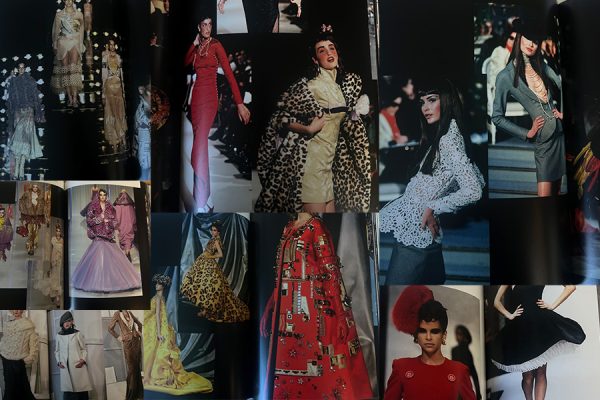
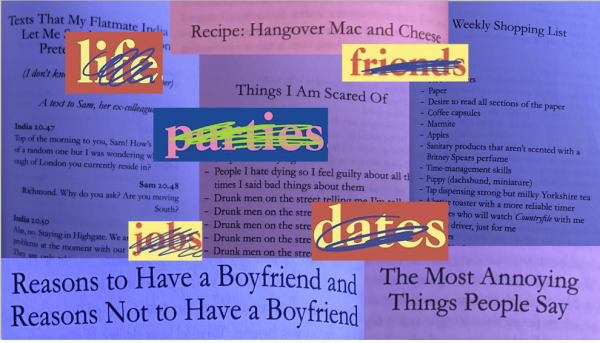

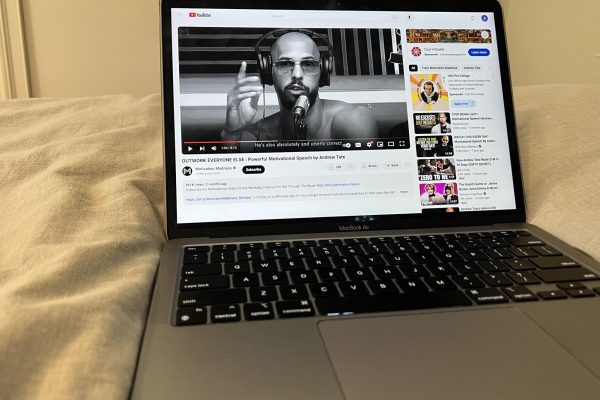
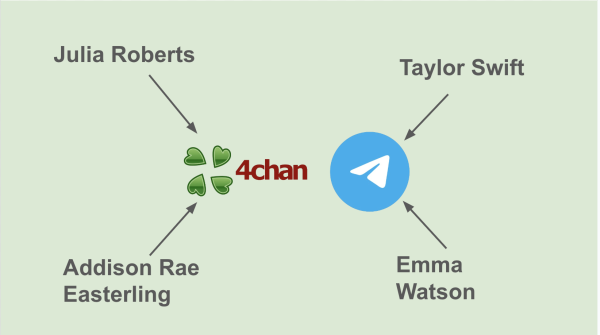

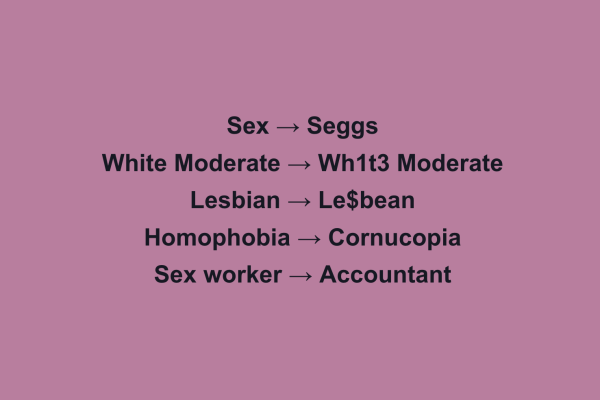

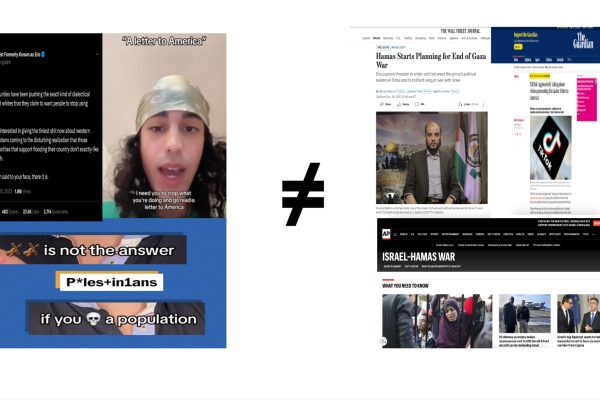
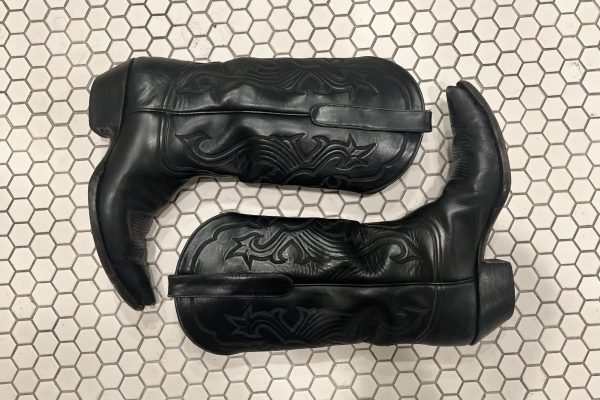
Andrea Ramirez • Oct 5, 2020 at 11:25 am
YES, ALE! LOVEE THIS CAN’T WAIT FOR YOUR FUTURE COLUMNS